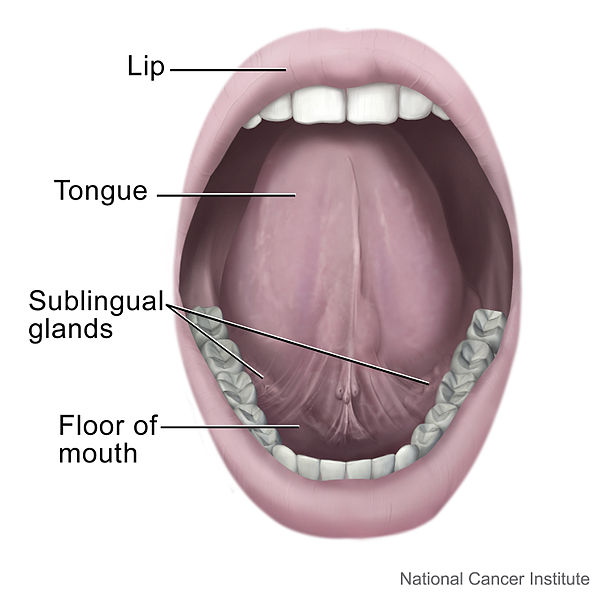Cancer can appear in every part of your body, including the mouth. Mouth (or oral) cancer can affect the lips, tongue, cheeks and throat. More pronounced in the over 40s, especially among men, it is the 11th most common form of cancer

According to figures by Macmillan, about 2.5 million people in the UK were suffering from cancer in 2015, an increase of nearly 0.5 million over the past 5 years. The worrying prognosis is that by 2020, nearly half of Britons will be getting cancer at some point in their life.
Nearly 7,000 people per year are diagnosed with mouth cancer, and numbers are going up. Sadly, almost 2,000 people die from the disease every year, which is doubly sad given the fact that early detection could have saved many of those lives. However, as the statistics currently stand, mouth cancer sufferers are less likely to survive than those with melanoma or cervical cancer.
Thankfully, we do know a little bit about what causes oral cancers. Research has established a strong link between mouth cancer and smoking, with cigarette, cigar and pipe tobacco particularly to blame. Alcohol can also increase the risk of developing oral cancer, especially in combination with tobacco consumption. Cancer of the lips can occur as a result of overexposure to sunlight. Research also suggests that there is a connection between mouth cancer and HPV (human papillomavirus) which is the main cause of cervical cancer and affects the skin’s mucous membranes. HPV can be transmitted through oral sex.
So, what can we do to protect ourselves?
Regular Dental Check-Ups
It is important to go and see your dentist at the recommended intervals – every 6 months is a good rule of thumb. As part of the routine check, your dentist will carry out a full examination of the mouth, including the inside of the mouth, your tongue, underside of the jaw and your neck.
Early detection is key in the successful treatment of mouth cancer, and often dentists can spot warning signs more easily than those without any medical training.
If anything unusual is found, you will be referred to a specialist consultant who can conduct a more thorough examination of your mouth and throat to find out what the problem is.
Self-Evaluation
If you’re concerned about anything unfamiliar in your mouth, you should visit your dentist straight away, just to be on the safe side. Chances are there’s nothing to worry about, but it’s always better to know earlier rather than later. In particular, look out for the following signs:
- Mouth ulcers or sores, white or red patches that do not heal within 3 weeks
- Unusual lumps in the mouth, jaw area or throat
- Hoarseness that won’t clear
Lifestyle Choices
Smoking is bad for you. No doubt you are already aware of the risk to your and other people’s health posed by smoking, so if you are a smoker, the risk of developing mouth cancer is another good reason to stop. Similarly, if you are a regular drinker, make sure your alcohol consumption stays within safe limits.
Diet plays an important role in any cancer prevention programme, so check your eating habits and make improvements where necessary. A plant-based, whole-food diet with lots of unprocessed fruit and vegetables can reduce the risk of oral (as well as many other types of) cancer. Cancer fighting foods include dark leafy green vegetables, berries, grapes, tomatoes and beans. Finally, don’t forget regular exercise, as an active lifestyle is known to boost the immune system.
Article provided by Mike James, an independent content writer in the health industry – working together with a small selection of companies including Horsham based dentist practice Dental Healthcare Practice, who were consulted over this post.

